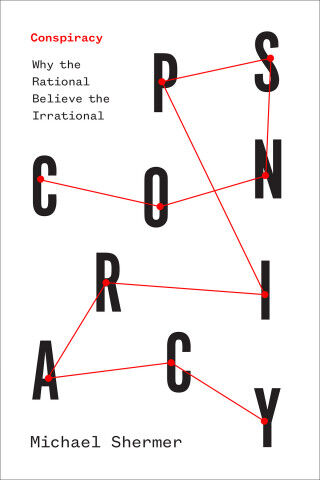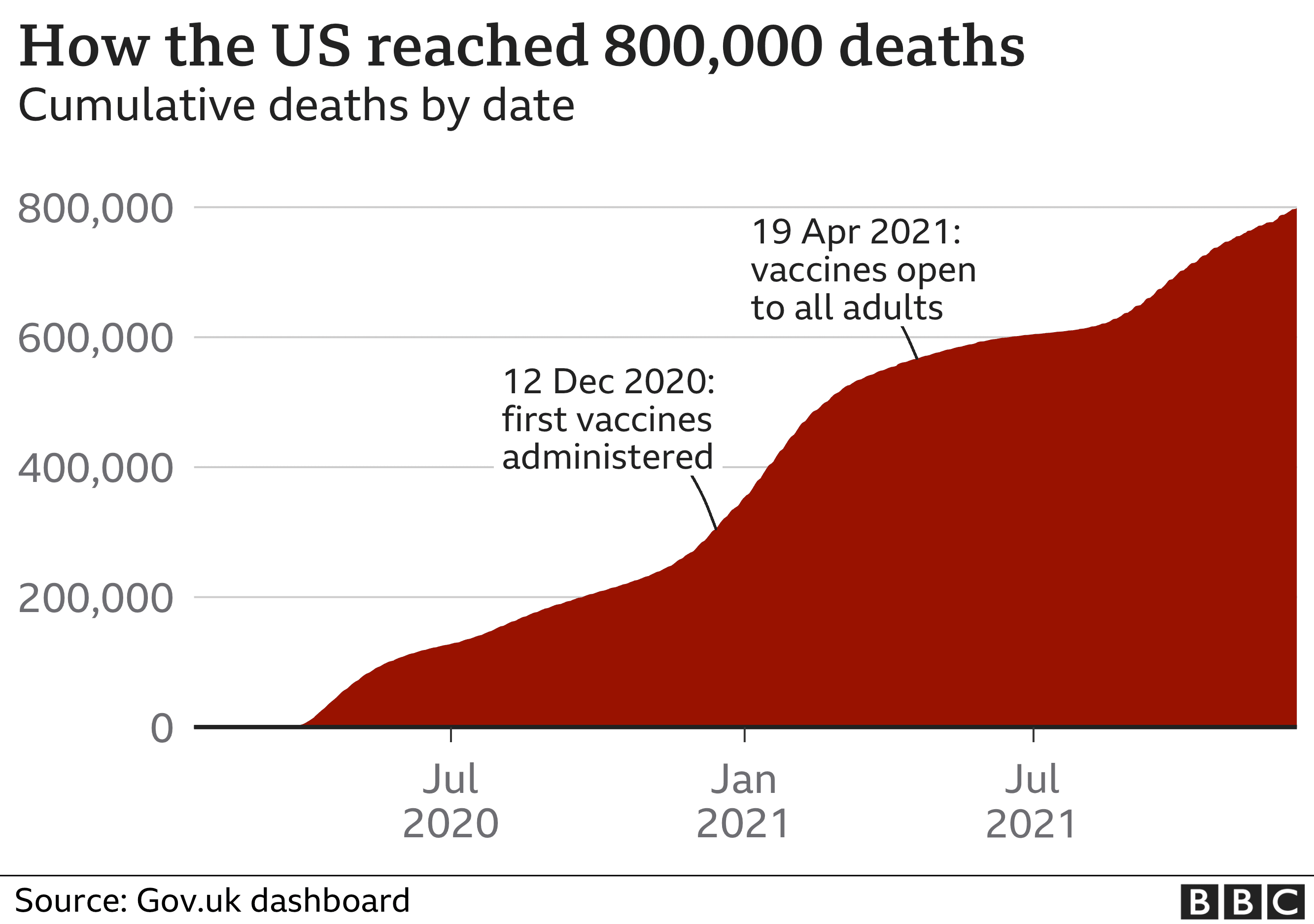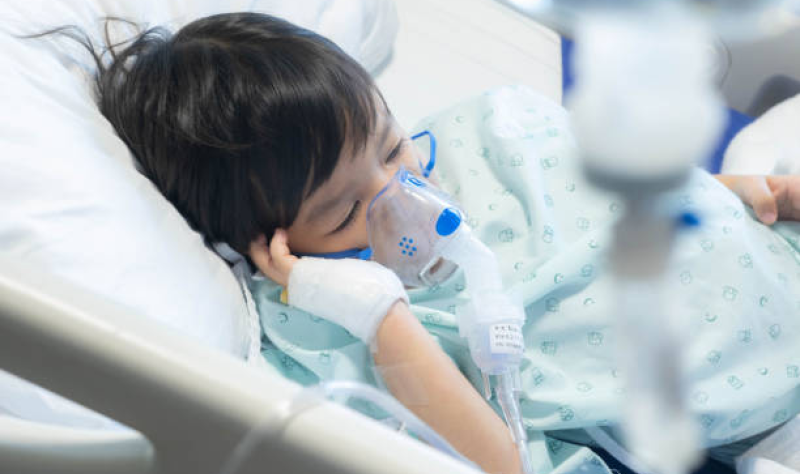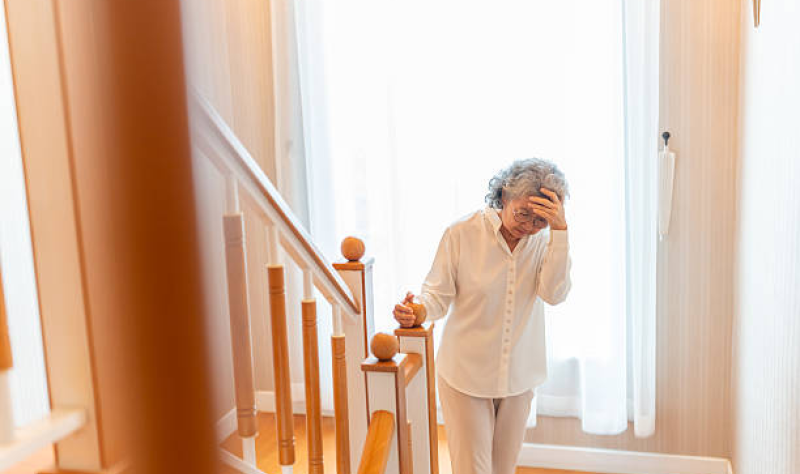Constitutionality of COVID-19 excuse for absentee ballot in court


BALLSTON SPA — A decision on whether voters can invoke a fear of contracting COVID-19 in order to use an absentee ballot is in the hands of a state Supreme Court justice following a court hearing Wednesday when attorneys on both sides of the issue argued whether the practice is constitutional.
State Supreme Court Justice Dianne L. Freestone said at the end of the hearing that she would issue a decision “very quickly.” The general election is Nov. 8 and the deadline to request an absentee ballot online or via mail end Oct. 24. A person can request an absentee ballot in-person until Nov. 7, but all absentee ballots must be postmarked by Nov. 8 or delivered to a polling site no later than Election Day.
Leaders of the state Republican and Conservative parties are spearheading the legal challenge of the Legislature’s decision to continue to allow voters to request an absentee ballot based on the “temporary illness” provision that allows someone to vote through the mail if they are wary of contracting the virus.
Conservatives are also trying to have voters who received mailers from the state Democratic Party that contained pre-filled paperwork requesting an absentee ballot affirm that they wanted to vote that way.
The petition also seeks an additional avenue to file a legal challenge of absentee ballot applications that may appear fraudulent, beyond the current system for disputing a ballot.
“Voters need certainty in elections,” New York Civil Liberties Union elections attorney Perry Grossman said in court. “To upend that now, is to invite not only significant confusion and suppression of turnout,” but also to “disenfranchise” certain voters who say they would be unable to vote in person.
The lone agreement the two sides had in court was that they fear voters could be disenfranchised based on the ruling of the court. The belief of who could lose their constitutional right to vote vastly differed from the respective sides in the dense and at times contentious debate.
“They have produced ghosts and goblins,” New York State Board of Elections attorney Brian Quail said. “They have not actually produced anything that rises to clean and convincing evidence.”
John Ciampoli, a longtime election attorney who is representing the Conservative Party’s interests, argued that the “Legislature has gone and barred the door to this courtroom” and that the new absentee ballot process is “more prone to tampering” and “fraud.”
“We can say with certainty that because there is a system, someone will try to abuse it,” Ciampoli said.
Democratic attorneys argued that the case should be dismissed because Republicans were bringing their concerns over the relatively new election laws within a month of the general election. State Conservative Party Chairman Gerard Kassar told the Times Union on Tuesday that he began working on the case after he saw the Democratic Party’s absentee ballot mailers arguably encouraging voters to use absentee ballots.
“I took the view that the Democratic Party was attempting to cheat,” Kassar said Tuesday. “From my perspective, I immediately raised red flags with the GOP.” A little less than a month later, the lawsuit was filed in state Supreme Court in Saratoga County.
The crux of the arguments in court this week centered on whether voters should have the right to vote by mail if they say they fear they may contract COVID-19 by voting in person.
The Legislature agreed to extend that measure through the end of this year. Conservatives argued that because President Joe Biden said the pandemic is over and Gov. Kathy Hochul declared an end to the state of emergency on COVID-19, it is no longer a legitimate law.
They also argued that because voters rejected a ballot question that asked whether they wanted no-excuse absentee ballot voting last November, it meant prior case law is no longer relevant and the court should consider weighing in on the matter.
“This legislation is acting in defiance of the voters,” Ciampoli said, which he characterized as related to a “state of emergency that no longer exists.”
Democratic officials firmly disagreed.
Instead, they said, it should be noted that the ability to vote absentee due to fear of contracting the coronavirus was not agreed to upon a condition of the state of emergency or a certain politician saying the pandemic is no longer threat. They cited increasing rates of high transmission of COVID-19 in the state, a recurring pattern that has tended to occur as the weather gets cooler and more people congregate inside with windows closed.
“The pandemic is still with us,” said Quail, the state Board of Elections attorney.
Last November, New York voters rejected a ballot proposal to allow no-excuse absentee voting in New York. But attorneys for the Democratic interests in the case argued Wednesday asserted that it’s unfair to compare the 2021 ballot question to the current rules allowing someone to assert fear of contracting COVID-19 in order to vote absentee.
If the court was to find that Democrats overstepped with their legislation allowing someone to invoke the excuse to obtain an absentee ballot, it would be the second extremely consequential rebuke of the Democratic supermajority’s response to the November ballot questions.
The other one was a decision related to redistricting that ultimately contributed to multiple court decisions declaring newly drawn political boundaries as unconstitutional. In both cases, the ballot questions were fiercely opposed by the state Conservative Party, which spent millions of dollars to fight the no-excuse voting ballot proposition. The state Democratic Party Chairman Jay Jacobs spent no money backing the ballot propositions. Jacobs recently was elected to another term as the party head.
Regardless of politics, the actual threat of COVID-19 was at least somewhat in mind in the courtroom Wednesday.
By the end of the hearing, the judge, who had been coughing on-and-off for the afternoon arguments, quipped, “I promise you, I don’t have COVID.”












